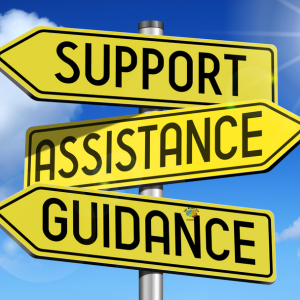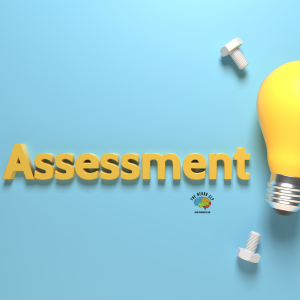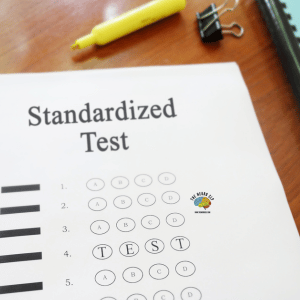For years, I brought work home. I often felt “behind” on my documentation which led to me using my personal time to “catch up”. But please, DO NOT DOCUMENT AT HOME. Technically it’s against workplace policies and personally, it’s just a bad habit to develop.
There are so many things to enjoy in life, and you deserve MORE FREE TIME to enjoy them. So, here are 7 documentation tips to help you keep work, AT WORK:
1.) Pre-chart when possible.
Chances are you have SOME information that you know you’re going to include in your patient’s documentation, so go ahead and include it, if you can. Every little bit that you can add to your note ahead of time will save you some time on the back-end.
2.) MASTER the “A” section of a SOAP Note. I have mentioned this before, but this is extremely important. When I speak to other SLPs about documentation, the majority says that what takes the longest and where they get “stuck” is the “A” section. So, learn how to be concise yet informative when painting a picture of your patient’s performance.
3.) Use the last few minutes of a treatment session to review highlights of the session with the patient. This is pretty self-explanatory but worth mentioning. I know that not all patients will be insightful or even as engaged as we might like. However, you must try to get feedback on how THEY think they did. This will be important for shared decision making. NOTE: Don’t forget that as they are talking, you can be typing. Some clinicians view this as rude, and some patients do as well. However, as long as you haven’t been typing the entire session and blatantly ignoring the patient as you type, I see no problem with “point of service documentation”.
4.) Shift your admin/documentation time. Odds are there is a certain time of day when you think more clearly. Use this awareness to your advantage, and perhaps shift your “admin time” to when you’re the sharpest and most likely to write the most fluently. I have coworkers who come in and document in the morning on the previous day. I know that wouldn’t cut it for me. I am NOT a morning person. I am my best around lunch time after my “sleep fog” has worn off, I’ve some fresh air, and I’ve had something sweet.
5.) Ask your job for more admin time, if needed. Just ask. The worst they can say is “no”.
6.) Consider assistance from Speech-to -Text. Most computers nowadays have the capacity to turn the words you speak into text. Find out if your computer at work has this capability and if it will be allowed (due to privacy reasons) by your department.
7.) Find out if your documentation system allows predictive text. Just like the speech-to-text feature mentioned above, there may be a way for you to speed up your documentation by way of word prediction or phrase prediction. It’s worth looking into! You never know.
There you have it….. 7 documentation tips that hopefully speed your documentation time and make more time for the things you enjoy at home and in the community. Let me know in the comments, what time-saving documentation tips you’ve learned or developed as a Speech Language Pathologist.
And as always, have some amazing speech therapy sessions.
Dana (The Neuro SLP)


























Comments ()